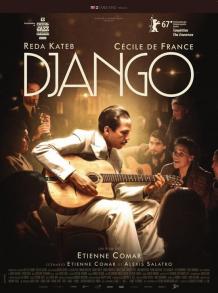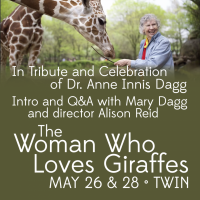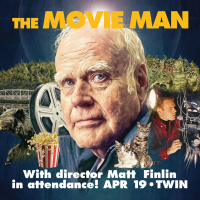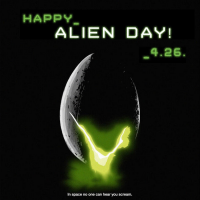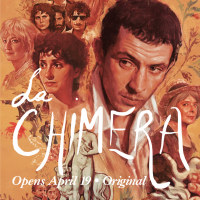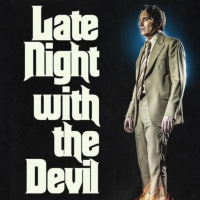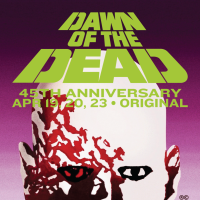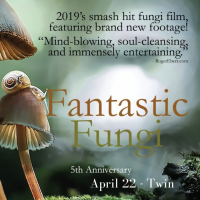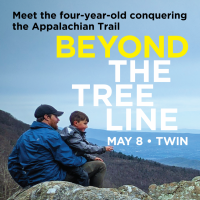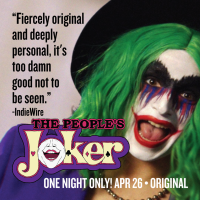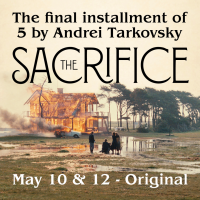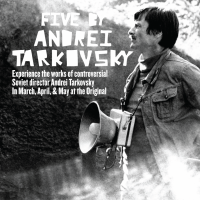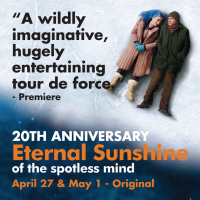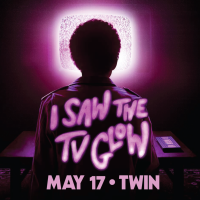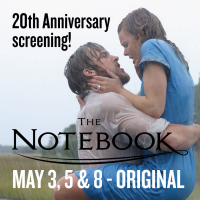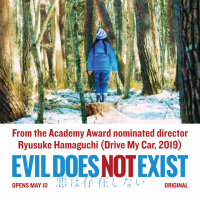“There’s a Romany word for the turmoil and trauma that Étienne Comar’s Django is set against: porajmos. It means ‘the devouring’. This apt and terrible term is used to describe the abrupt disappearance and systematic murder of gypsies in Europe. At the hands of the Nazis, it’s estimated that up to 50 per cent of the Roma and Sinti population were killed.
“Born in a caravan and proud of his Romany roots, Django Reinhardt is credited with inventing ‘gypsy jazz’. In the 1930s, he played alongside luminaries like Louis Armstrong and Duke Ellington. Lightning-fast and boldly ahead of his time, he lived and performed in Occupied Paris under the watchful – if begrudgingly admiring – eye of the Nazis.
“Django’s Sinti gypsy origin is the central focus of a film which might otherwise be called conventional. He boozes, philanders and dazzles adoring audiences. Actor Reda Kateb fills the frame through much of the film’s duration, lending an air of rascal charm and stubborn pride to the role.
“As Django performs for crowds of Nazi officers, he initially shrugs off the contradictory situation he finds himself in. He thinks of himself merely as an entertainer with no business in politics. To encompass Reinhardt’s huge cultural impact – as well as the overwhelming survivor’s guilt he must carry – is to make vivid both the strength and the suffering of his people. There’s an urgent impetus at the heart of this film, far beyond the realm of either flat period biopic or mere history lesson. Django takes on the perspective of what remains one of the most maligned ethnic groups of Europe. In so doing, it tells a story both triumphant and tragic.” - Sight & Sound

